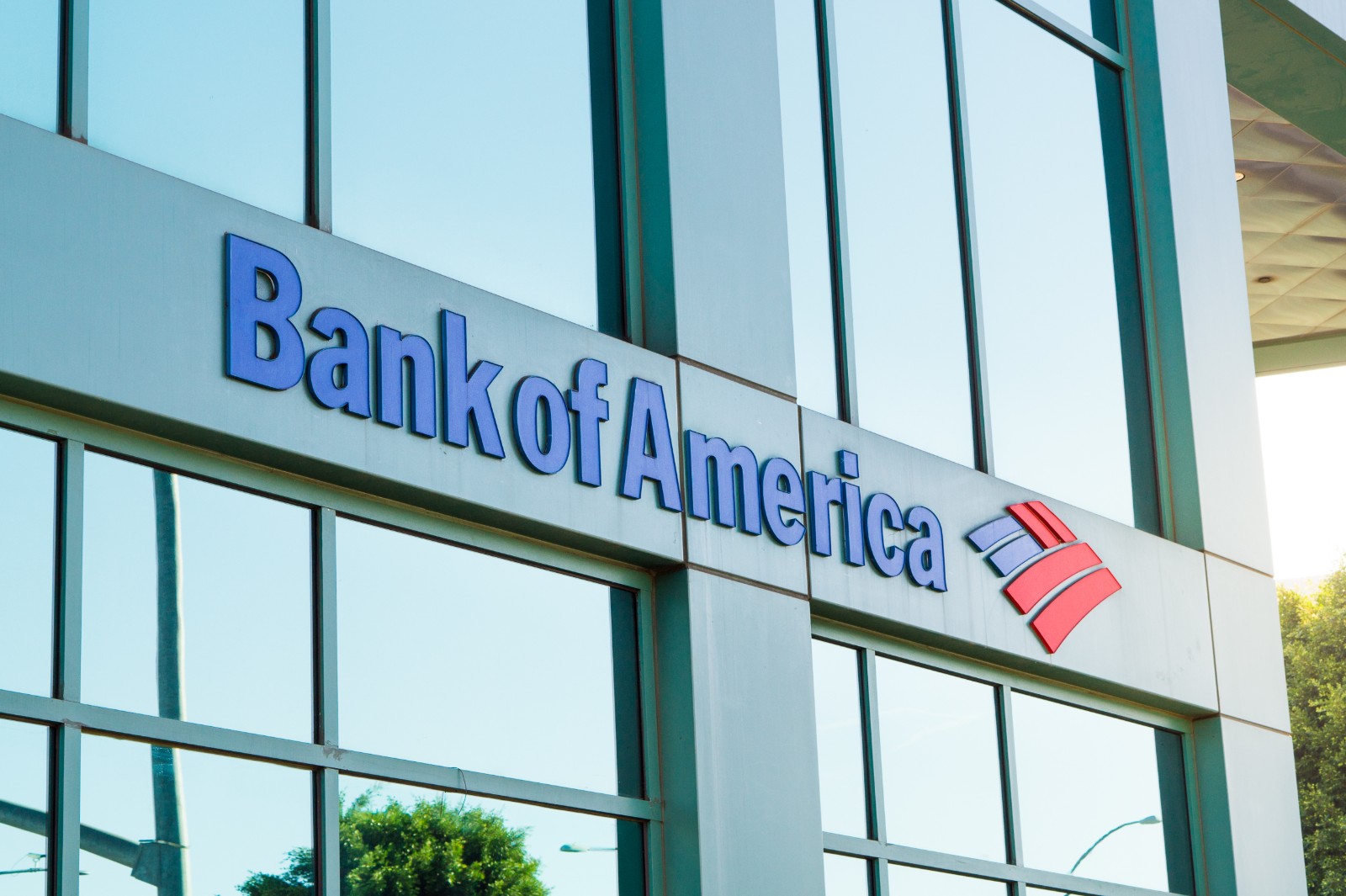Prioritizing employee development will pay dividends

Companies need to prioritize employee development. It helps with performance management, and leads to increased loyalty, engagement and feelings of ownership. Organizations should align around shared goals to build agile teams and future company leaders, says this Forbes article.
Even the robots are on hand to help: Online learning giantCoursera has recently developed a machine learning tool that aims to be an objective metric for evaluating proficiency. Companies that want to quantify their return on training investment can make use of AI-powered software to see which of their employees are earning top scores in Coursera classes, how their skills compare with their peers, and which courses would help to fill any knowledge gaps.
Financial investment in employees is growing: Companies love to talk about the importance of investing in employees, but a cohort of large US companies, including Bank of America, Procter and Gamble, The Boston Consulting Group, Boeing, Chevron, Walmart, Amazon and Starbucks, now offers full or partial funding of further education programs for their employees. Terms and eligibility vary from company to company, with Google offering USD 12k per year for employees to spend on classes or degree programs that help them do their jobs, Salesforce providing USD 5,250 for job-related courses or degrees, and Boeing offering USD 3k per year to full or part-time employees that have been with them for a year, to spend on any strategic field of study they choose.
Footing the bill? These companies say it’s a no-brainer. Guild Education calculated that each of the companies it partners with had seen a return on investment of USD 208 for every USD 1 spent, based on an assessment of employee productivity, engagement and loyalty. Disney, which reportedly expects to spend some USD 25 mn on employee education every year, says that covering the cost of college for its employees allows it to retain valuable talent that it would otherwise have had to keep spending money to attract.